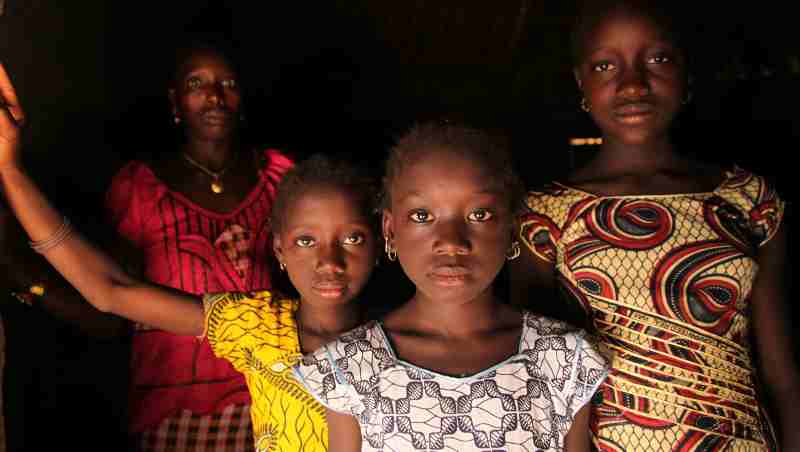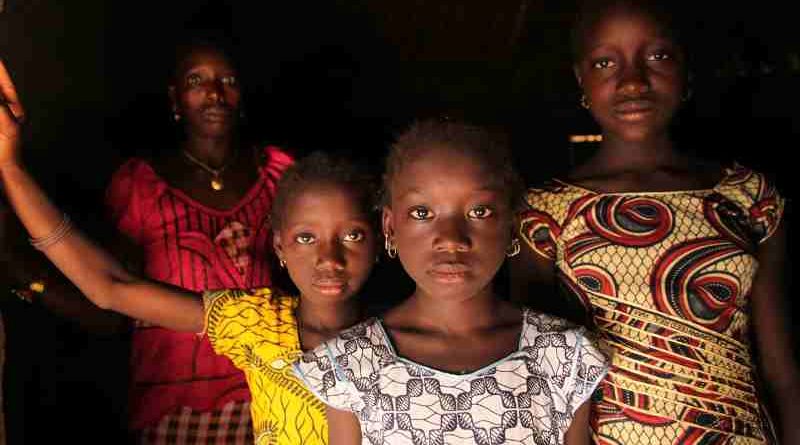Female Genital Mutilation Is a Violation of Human Rights

Speaking a day ahead of the International Day of Zero Tolerance to Female Genital Mutilation (FGM), the United Nations youth envoy underscored that the ghastly practice is a violation of the human rights of millions.
“This is not acceptable and this is done in the name of tradition, culture, religion or in the name of ensuring that women are to take on subservient roles to the men they will eventually marry,” said Jayathma Wickramanayake, the Secretary-General’s Envoy on Youth, speaking at an international forum in Gambia on strategies to combat the practice. “This is not acceptable in the 21st century.”
Globally, according to the UN, over 200 million women and girls are estimated to have undergone some form of genital mutilation and girls aged 14 and younger account for about 44 million of those who have been “cut.”
According to the UN Population Fund (UNFPA), although the practice is declining in many countries where it is prevalent, many of these countries also experience a high rate of population growth – meaning that the number of girls who undergo genital mutilation will continue to grow if efforts are not significantly scaled up.
The in one of its Sustainable Development Goals (SDGs), the 2030 Agenda for Sustainable Development – agreed to by all UN Member States – has called for eliminating female genital mutilation as well as other harmful practices, such as child, early and forced marriage (target 5.3).
Marked annually on 6 February, the International Day of Zero Tolerance for Female Genital Mutilation aims to strengthen momentum towards ending the practice which is globally recognized as a violation of the human rights of girls and women as well as perpetuates deep-rooted inequality between the sexes.
Photo / Video courtesy: UNICEF





